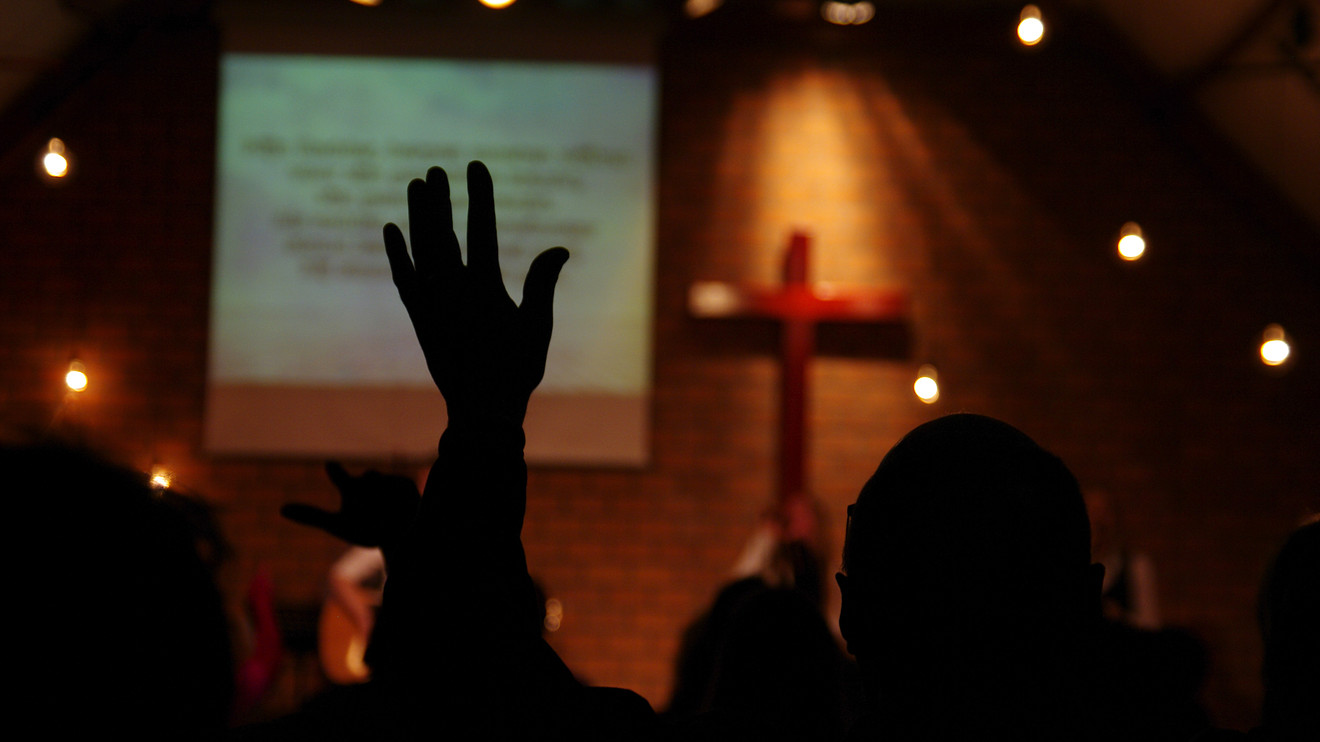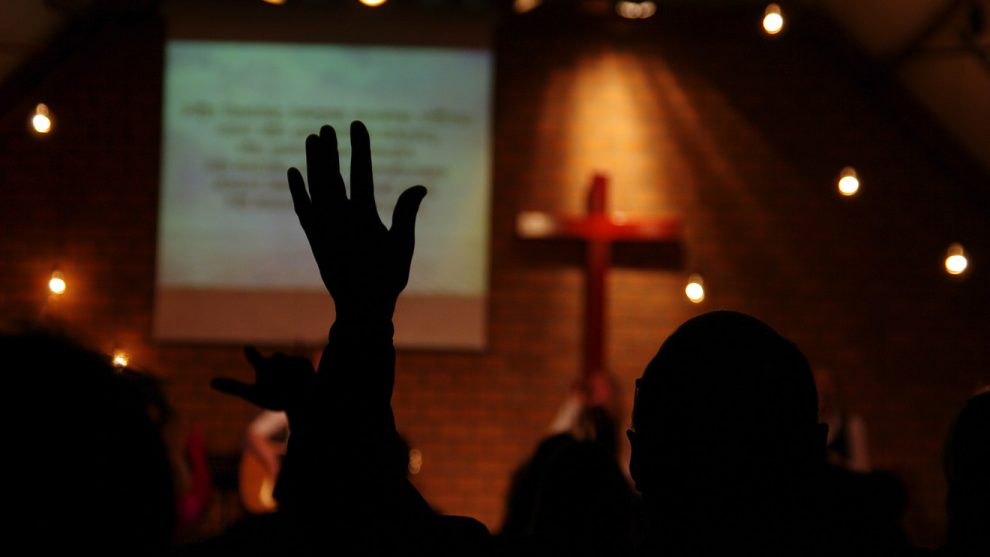
A judge had bad news for an evangelist seeking tax write-offs as he spread the word of God.
Devout Catholic Robert Oliveri spent almost $40,000 as he crisscrossed the country and paid for meals and gifts to strangers and acquaintances in his evangelical activities, a Tax Court judge said the expenses didn’t count as tax deductible contributions to charity.
Oliveri had wanted to deduct expenses including generous tips to restaurant servers. ‘For the expense to be deductible, the charity, rather than the taxpayer, must receive the primary benefit,’ the judge wrote.
Oliveri had wanted to deduct expenses including generous tips to restaurant servers, and private planes he flew in as he spread the gospel in states including Colorado, Florida, Texas and North Carolina.
Donations to religious organizations are typically deductible, but Judge John Colvin ruled last week that Oliveri’s 2012 expenses didn’t qualify because he was also personally benefiting from the purchase of meals, flights, phone and internet service. “For the expense to be deductible, the charity, rather than the taxpayer, must receive the primary benefit,” the judge wrote.
After more than 26 years with the U.S. Air Force, Oliveri retired from the service in 1986 and became very active in the Catholic Church.
Oliveri’s goal since 1987 has been spreading the teachings of the Catholic Church with just about anyone he can meet, the decision said.
Oliveri always wears “a large and visible” crucifix and spread teachings in his “random interactions with members of the general public.” That means he “evangelizes people he happens to see when he engages in otherwise personal activities, such as when he eats in restaurants, travels, and pilots private planes,” the decision said.
Robert Oliveri ‘evangelizes people he happens to see when he engages in otherwise personal activities, such as when he eats in restaurants, travels, and pilots private planes,’ the decision said.
The Annapolis, Md.-area resident paid for people’s meals and coffee, often leaving generous tips. He testified he did that on the hope his waiters would think “God cares for them and they’re very special.” He also gave Christmas ornaments, books and videos to the people he evangelized, and a $500 Bass Pro Shops gift card for a retired police officer.
Oliveri cofounded a nonprofit group called Brothers and Sisters of the Divine Mercy in 1987, but the judge said there wasn’t any evidence the Catholic Church “recognized or had any formal relationship” with Oliveri’s spiritual counseling organization.
Oliveri’s lawyer, Nancy Ortmeyer Kuhn, told MarketWatch her client’s organization was “affiliated loosely with the Catholic Church.”
As Oliveri prepared his 2012 taxes, he said his expenses counted as $39,979 in charitable contributions for the Brothers and Sisters of the Divine Mercy and the Catholic Church, including $15,082 for small plane rentals, which Oliveri categorized as “Evangelization: Christian Outreach.” Oliveri testified he liked flying, but it wasn’t “for [his] personal use at all…It’s all for my work for God.”
Oliveri argued the IRS was interfering with his First Amendment right to freely exercise his religion.
The IRS disagreed.
Don’t miss: IRS says pilot can’t claim his prized WWII plane as a business tax deduction
Usually, taxpayer contributions to religious causes don’t turn into court fights. Americans donated a record $410 billion to charitable causes in 2017 and, far and away, religious causes were the most popular, according to Giving USA. More than $127 billion went religious organizations, with educational causes coming a distant second, racking up nearly $59 billion.
The evangelist testified that he wants people to know that ‘God cares for them and they’re very special.’ He gave away ornaments, books and videos, and even a $500 Bass Pro Shops gift card.
But tax issues and religious views can collide from time to time. For instance, National Taxpayer Advocate Nina Olson, a watchdog within the IRS, is now worried current tax rules are treating the Amish unfairly.
The Amish believe in caring for their own without the help of Social Security payments, and because they aren’t taxed for Social Security, they don’t have Social Security numbers. Olson said the Amish could wrongly miss out on a child tax credit because they do not have the requisite Social Security numbers. “This requirement is a tax on religious beliefs,” Olson wrote.
Oliveri complained that blocking the deductions would burden his right to exercise his faith because no tax write-off ultimately meant less money to evangelize. Colvin disagreed and pointed to a 1989 Supreme Court case on Church of Scientology donations, which said there was a “broad public interest in maintaining a sound tax system.”
Kuhn said she was disappointed in the decision, but didn’t know what the next steps would be on this “fairly unique” case.
She hadn’t talked to Oliveri yet. He was returning from an evangelizing trip in Virginia, she added.
Kuhn said the judge was presuming there should have been some coordination and oversight between Oliveri and a larger, established religious organization for the costs to be deemed deductible.
“Clearly, this infringes on Mr. Oliveri’s religious freedom,” she said. “He should be free to practice his religion without being associated with a large religious entity,” Kuhn said.
The IRS “generally doesn’t comment on pending litigation,” a spokesman told MarketWatch.












